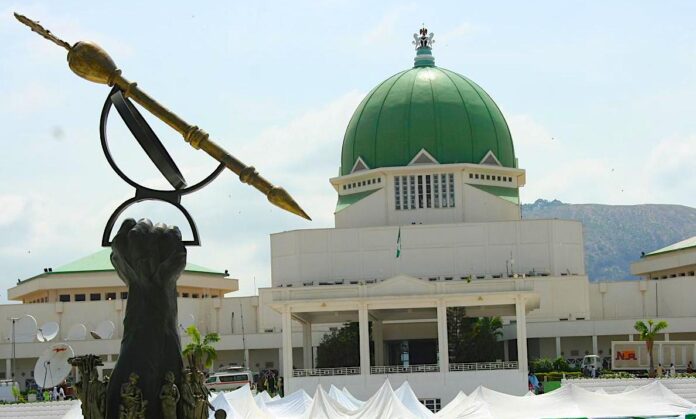The NASS comprises 109 Senators in the Upper Chamber and 360 House of Representatives members in the Lower Chamber.
The N2.618 trillion is 5.56 per cent of the N145.516 trillion appropriated by the federal government since the country returned to civil rule 24 years ago.
Lawmaking or passing bills is the primary duty of the NASS, the symbol of democracy, but it performs other functions such as oversight on the other two arms of government, especially the executive, and passing motions and resolutions.
If the N2.389 trillion NASS allocation is divided by the 810 bills passed since 1999, it means a bill cost N294.938 million.
It also means Nigeria lost N2.388 trillion plus hundreds of hours lawmakers put into creating the 406 bills former President Muhammadu Buhari refused to sign into law in his eight years in the Villa, and which the NASS could not use two-thirds majority to override as constitutionally provided.
In the 4th NASS (1999-2003), the Senate passed 65 bills, the House of Representatives 112 bills, but the two Chambers had concurrence on 65.
There was improvement in the 5th NASS (2003-2007) when 129 bills were passed (see table below), according to investigation by Vanguard.
The figure nose dived to 72 bills in the 6th NASS (2007-2011), rose to 128 in the 7th NASS (2011-2015), and to a record 282 in the 8th NASS (2015-2019), then dipped to 134 bills in the 9th NASS (2019-2023).
The 9th NASS would have had more bills to its credit but for the refusal of Buhari to sign some bills into law and the unwillingness of lawmakers to override him in what critics described as a rubber-stamp NASS.



